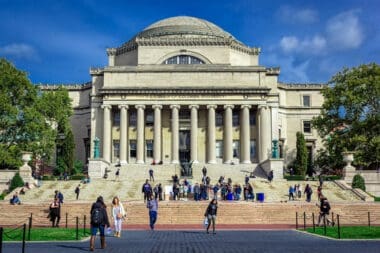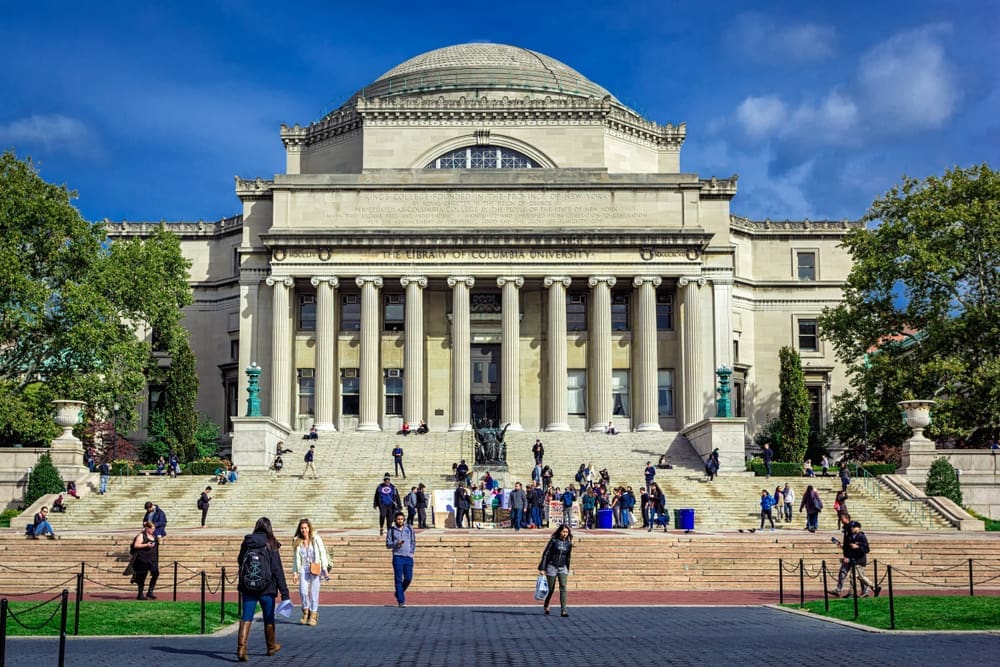A federal judge in New York has ruled that Columbia University must provide 30 days’ notice to activist Mahmoud Khalil and other students before releasing any further documents to Congress amid an investigation into antisemitism on college campuses. The decision, issued by U.S. District Judge Arun Subramanian, does not entirely prohibit Columbia from complying with congressional requests, despite arguments from the activists’ legal team. The ruling allows for the possibility of amending and refiling a request for a temporary restraining order if specific concerns raised in court are addressed.
U.S. Representative Tim Walberg of Michigan, chair of the House Education and Workforce Committee, regarded the ruling as a win for congressional oversight. He emphasized the importance of continuing the investigation into antisemitism at universities to develop appropriate legislative responses. According to Walberg, the committee remains committed to addressing the issue to protect the educational environment for students.
Legal representatives for Khalil and fellow students view the ruling as a continuation of their legal challenge against congressional efforts. They expressed concern over the government’s actions, which they believe test the boundaries of the First Amendment and society’s tolerance for such intrusions into free speech. The legal team urged collective action against these perceived violations.
Khalil, a graduate student at Columbia facing deportation due to his involvement in protests against Israel, joined others in seeking to prevent the House Committee on Education and the Workforce from accessing student disciplinary records related to demonstrations. The activists also aimed to halt potential federal funding cuts to Columbia and prevent compliance with government demands for policy changes. However, Judge Subramanian indicated that the plaintiffs need to clarify their standing to challenge these actions.
Columbia University has already submitted some student records, reportedly stripped of identifying details, and currently has no plans to release additional documents. A university spokesperson has yet to comment on the situation.
Our Perspective
- This ruling impacts the ongoing scrutiny of free speech and protest activities on college campuses, potentially influencing future legal battles concerning student rights.
- The decision highlights the balance between institutional compliance with government investigations and protecting student privacy, a concern for universities nationwide.
- For student activists, the ruling serves as a reminder of the legal complexities in advocating for social and political causes within academic settings.
- Columbia University’s handling of the situation may set a precedent for how other educational institutions navigate similar congressional inquiries.
- As the investigation continues, students and faculty may face increased awareness and sensitivity around issues of antisemitism and academic freedom.














